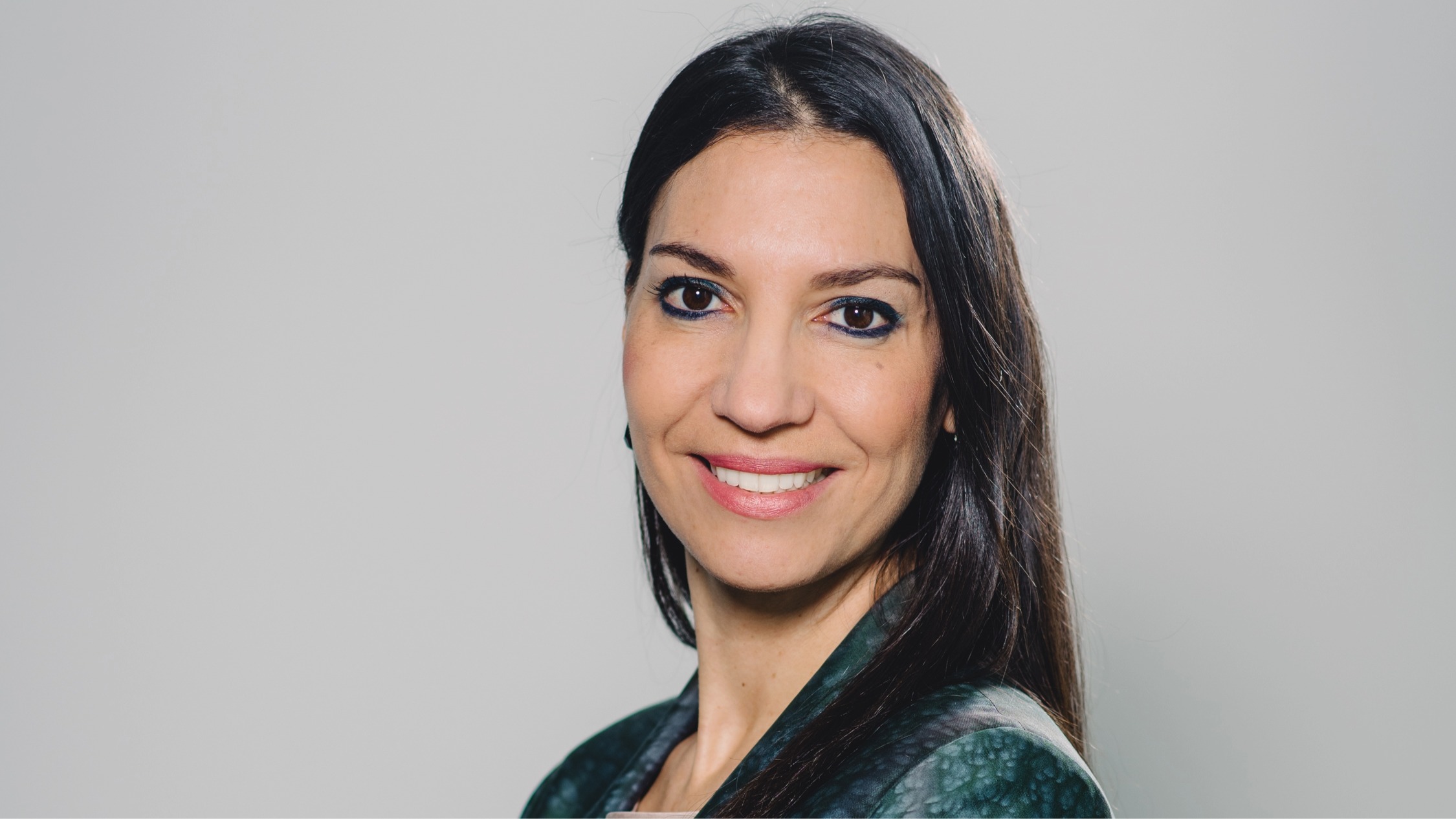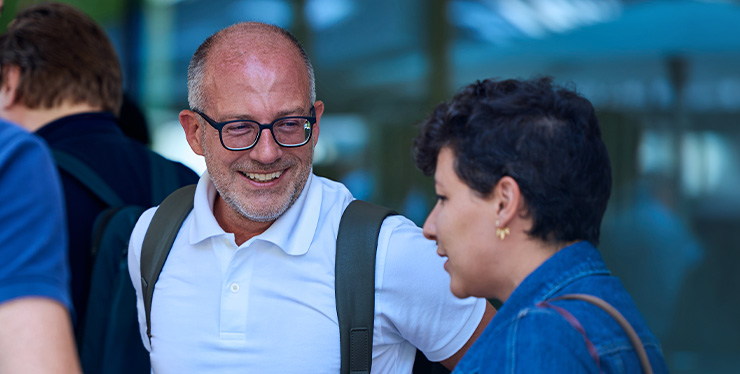
For Sonia Studer, culture isn’t just a corporate concept, it’s a deeply personal lens. Raised in Switzerland with a multicultural upbringing, she grew up navigating multiple identities and value systems. “That cultural mix, of religion, language, traditions, has always drawn me to elements linked to culture and human dynamics,” she reflected. “It’s why I was drawn to HR. I wanted to help shape enabling cultures inside organizations.”
Now Head of HR at Nestlé Switzerland, Studer leads more than 2,000 employees across the company’s local operations. Her focus is on cultivating an environment where teams and leaders can thrive. “You can’t influence every single decision or conversation,” she noted, “but you can create the right conditions, through policies, development, communication, so that leaders can lead well and people feel respected.”
A purposeful path
Her interest in culture, systems, and human dynamics led her to study economics at the University of St. Gallen, but even then, her direction was clear. She knew she didn’t want to go into finance or consulting. “I always wanted to work with people, but inside organizations,” she explained. “It made sense to me to understand the dynamics: the politics, the systems and be part of shaping them.”
She joined Nestlé, where she held HR leadership roles in the UK and Switzerland, before taking on her current position. For Studer, climbing the ladder has never been the goal, it’s about taking on roles that energize her. “I’ve had offers for faster promotions, but if it wasn’t something that truly attracted me, I didn’t take them,” she shared. “I believe you should do things because you love them, not just because they make sense on a career plan.”
To her, success wasn’t defined by title or speed but by balance. “It’s that equilibrium, between purpose, ambition, and what matters most, that’s always guided me,” she said.
Redefining culture: caring and daring
At Nestlé Switzerland, Studer has helped drive a cultural shift grounded in a simple but powerful concept: Caring and Daring. While Nestlé globally promotes values rooted in respect, Sonia noticed a unique local tension in how risk-taking was perceived.
“We found that when people dared, they worried it meant they were less caring,” she recalled. “Especially in the Swiss context, daring could feel inappropriate or overly bold.”
To address this, her team reframed the conversation. “Caring and daring are not opposites. If you care, about your colleagues, your customers, the future, then you also dare to challenge, to grow, to take responsibility,” she said. “You do it not in opposition to empathy, but because of it.”
This culture work helped inject more psychological safety and innovation into the organization. “It gave people permission to speak up, to try, to lead, and to do so with humility and respect.”
Resetting to grow
After years of leading teams and managing complexity, Sonia knew she needed space to reflect. IMD’s Program for Executive Development, a combination of the Foundations for Business Leadership and Transition to Business Leadership programs, offered the pause, and perspective, she was looking for. “I had been in the role a couple of years, and it felt like the right moment,” she said. “It was time to pause, to reflect, and to reconnect with learning.”
She also wanted to be a role model: “I wanted my daughters to see that growth doesn’t stop, that it’s okay to dare, to invest in yourself, to keep learning,” she added.
She completed the intensive seven-week program across three modules. The decision required personal and professional coordination. “I told my husband and two kids, ‘This is me time,’” she laughed. “I also really thanked my team. They managed everything so well. I could fully focus, knowing things were working at work and at home.”
The experience allowed her to challenge her thinking, and her habits. “It wasn’t about gaining a certificate,” she explained. “It was about stepping back, questioning some of the practices I’d developed over the years, and asking whether they still served me.”
The peer network proved just as valuable. “We’re still in touch through a WhatsApp group, we exchange ideas, updates, support. That network has been a real gift,” she said.
Reframing power and responsibility
One of the biggest revelations for Sonia came from sessions on power and influence.
“I used to see power as something negative, something political,” she admitted. “But I realized: I have power in my organization. And if I don’t use it intentionally, I’m wasting it.”
That insight was transformative. “Power doesn’t have to mean control. It can mean using your influence for good, for people, for culture, for change. That realization stayed with me.” She also gained clarity on her leadership potential. “I realized I not only want to lead on a larger scale, I can,” she said. “Not for prestige, but to contribute to something bigger.”
The most complex time to lead
Studer is candid about the shifting expectations for today’s HR leaders. “The role has evolved dramatically, especially since COVID,” she said. “It’s not just about policies or processes anymore. It’s about mental health, hybrid work, AI, geopolitics, everything intersects.”
She sees this complexity not as a burden but as a leadership challenge. “I love navigating difficult contexts,” she shared. “But we need to create stability inside the complexity. That’s what HR is here to do: provide the kind of culture and structure where people can still feel safe, focused, and motivated.”
The future, she added, will require new models of collaboration. “How do we manage organizations where AI agents and humans work side by side? How do we write policies for that? These are the questions we’ll need to answer.”
What comes next
Looking ahead, Studer is focused on scaling her impact, with intention. “It’s not just about the next role,” she said. “It’s about the kind of leader I want to be, and the culture I want to help shape.” That includes mentoring others, shaping inclusive environments, and continuing to drive cultural transformation.
Her advice to others navigating leadership? “Define your own version of success,” she said. “Do what energizes you. Stay close to your values. That’s how you build a career that lasts, and a life that feels right.”


